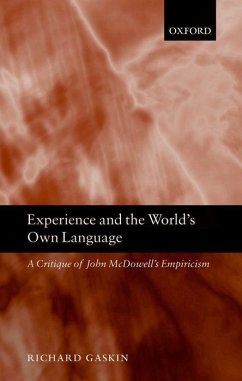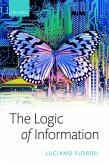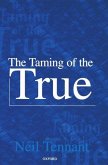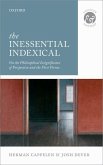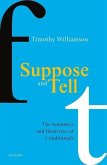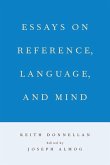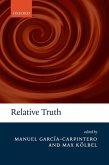This error generates an unwanted Kantian transcendental idealism, which in effect delivers a reductio ad absurdum of McDowell's metaphysical economy. Gaskin goes on to show how to correct the mistake, and thereby presents his own version of empiricism. First, we must follow Frege in his location of concepts at the level of reference, but then we must go beyond Frege and locate not only concepts but also propositions at that level; and this in turn requires us to take seriously an idea, which McDowell mentions only to reject, that of objects as speaking to us 'in the world's own language'. If empiricism is to have any chance of success it must be still more minimal in its pretensions than McDowell allows: in particular, it must abandon the individualistic and intellectualistic construction, which McDowell places on the 'order of justification'.
John McDowell's "minimal empiricism" is one of the most influential and widely discussed doctrines in contemporary philosophy. Richard Gaskin subjects it to careful examination and criticism, arguing that it has unacceptable consequences, and in particular that it mistakenly rules out something we all know to be the case: that infants and non-human animals experience a world. Gaskin traces the errors in McDowell's empiricism to their source, and presents his own, still more minimal, version of empiricism, suggesting that a correct philosophy of language requires us to recognize a sense in which the world we experience speaks its own language.
John McDowell's "minimal empiricism" is one of the most influential and widely discussed doctrines in contemporary philosophy. Richard Gaskin subjects it to careful examination and criticism, arguing that it has unacceptable consequences, and in particular that it mistakenly rules out something we all know to be the case: that infants and non-human animals experience a world. Gaskin traces the errors in McDowell's empiricism to their source, and presents his own, still more minimal, version of empiricism, suggesting that a correct philosophy of language requires us to recognize a sense in which the world we experience speaks its own language.

